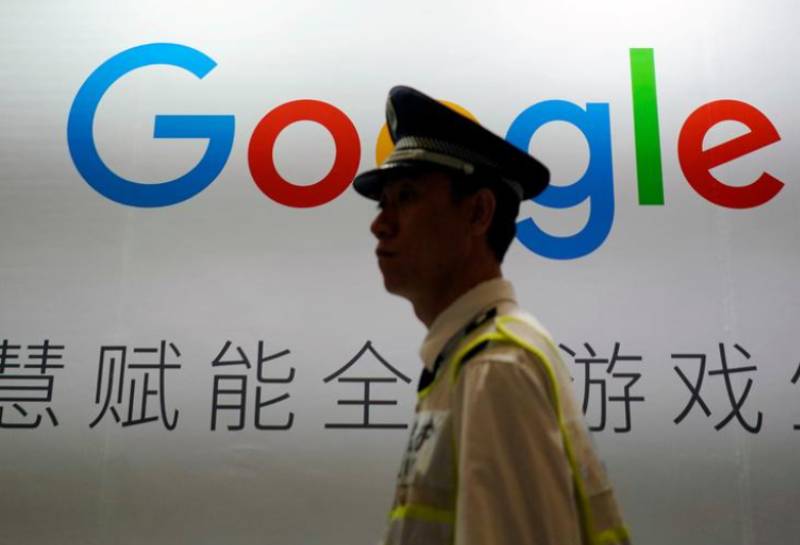×
The Standard e-Paper
Fearless, Trusted News

A Google sign is seen during the China Digital Entertainment Expo and Conference (ChinaJoy) in Shanghai, China August 3, 2018.
China is preparing to launch an antitrust probe into Alphabet Inc’s Google, looking into allegations it has leveraged the dominance of its Android mobile operating system to stifle competition, two people familiar with the matter said.